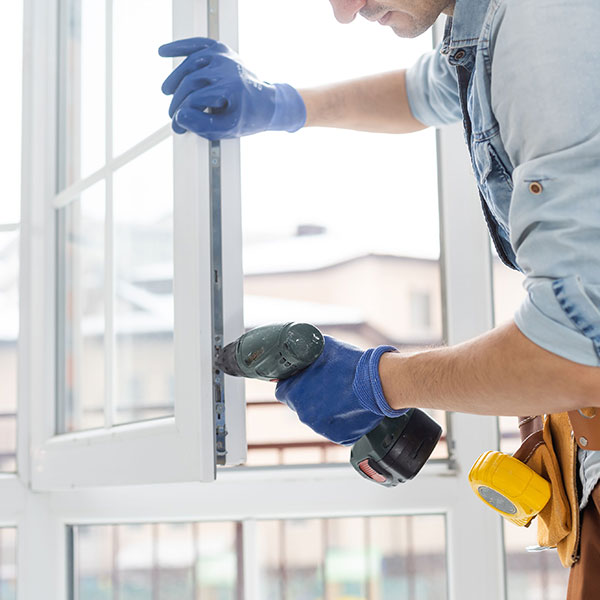Update Your Home with Houston Pella Windows Setup
Update Your Home with Houston Pella Windows Setup
Blog Article
Upgrade Your Home With Energy-Efficient Window Replacements
In the realm of home improvement, the decision to upgrade to energy-efficient window substitutes can considerably influence both the performance and looks of a house. Beyond the surface area level of simple appearances, energy-efficient home windows supply a plethora of advantages that go beyond mere aesthetic allure.
Advantages of Energy-Efficient Windows

The installation of energy-efficient home windows gives considerable savings on energy bills while boosting environmental sustainability. Energy-efficient windows are made to reduce heat loss and gain, lowering the requirement for home heating and cooling down systems to burn the midnight oil. By effectively shielding the home, these windows assist maintain a comfy indoor temperature level year-round, resulting in lower power consumption and lowered utility expenses. In addition, energy-efficient windows can assist manage moisture degrees within the home, decreasing the threat of mold and mildew development.
Past the financial advantages, energy-efficient home windows add to environmental sustainability by reducing carbon exhausts connected with energy production. By decreasing energy use, these windows assist minimize the environmental impact of lighting, heating, and cooling domestic areas. This decrease in energy usage plays a crucial function in combating environment adjustment and advertising a greener future for generations ahead. On the whole, buying energy-efficient home windows not just boosts the convenience and performance of a home yet additionally aligns with eco mindful techniques.
Kinds Of Energy-Efficient Glass
Numerous innovative kinds of energy-efficient glass offer special buildings that cater to different requirements and preferences in improving the sustainability and effectiveness of structures. Triple-pane glass, being composed of 3 layers of glass with insulating gas between them, offers improved thermal insulation, making it extremely energy-efficient. In addition, self-cleaning glass with an unique finishing that damages down and loosens dirt when subjected to sunshine can lower upkeep demands and maintain windows looking tidy.
Elements to Consider When Selecting
When pondering energy-efficient home window substitutes, it is crucial to carefully assess particular aspects that line up with your sustainability goals and preferred energy cost savings. One critical element to consider is the window's power efficiency ratings, such as the U-factor and Solar Warm Gain Coefficient (SHGC) The U-factor steps exactly how well the home window protects, with reduced numbers suggesting much better insulation, while the SHGC indicates the home window's capability to block warm from sunlight. Additionally, the home window framework product plays a substantial function in energy performance. Products like fiberglass, plastic, or timber with thermal breaks are superb choices for reducing warmth transfer. Another important consideration is the home window style and alignment concerning sunlight direct exposure. Selecting the right home window design and purposefully positioning them can make the most of all-natural light while decreasing heat gain or loss. Finally, installation high quality is vital to ensuring the home windows carry out as meant. Proper setup helps protect against air leak, ensuring optimum energy effectiveness. By carefully examining these elements, you can choose energy-efficient windows that boost comfort, minimize power costs, and profit the environment.
Installation and Maintenance Tips

Regular maintenance is key to maintaining the performance of your energy-efficient home windows. Examine the windows periodically for any indicators of sealant, damage, or wear deterioration. Tidy the frameworks, tracks, and glass on a regular basis using light soap and water to eliminate dust and gunk that can affect performance. Inspect the weather-stripping and seals for any voids or splits and change them check that if needed to keep the windows' power effectiveness.
Furthermore, lubricate relocating parts such as locks and hinges to make sure smooth operation. By following these setup and upkeep tips, you can improve the power efficiency of your home and lengthen the life expectancy of your energy-efficient home windows.
Cost-Benefit Analysis of Upgrading

Energy-efficient windows are designed to decrease warmth transfer, minimizing the requirement this for heating and cooling down systems to burn the midnight oil. This can bring about significant financial savings on power bills, particularly in regions with extreme temperatures. Additionally, energy-efficient home windows can enhance the total worth of your home, making it more eye-catching to prospective customers if you choose to sell in the future.
When computing the cost-benefit analysis, consider the potential financial savings on power expenses, any type of available incentives or refunds, and the life expectancy of the home windows. While the initial expense might be greater, the long-lasting savings and benefits of energy-efficient home windows make them a wise investment for home owners seeking to enhance their residential or commercial property's power performance and worth.

Final Thought
In conclusion, updating to energy-efficient window substitutes offers various advantages such as reduced energy intake, increased convenience, and expense savings. By picking the appropriate sort of energy-efficient glass and taking into consideration elements like frame material and installment, home owners can maximize the effectiveness of their home windows. Normal upkeep and correct installment are vital for long-lasting efficiency. Overall, the cost-benefit analysis of upgrading to energy-efficient windows reveals that the first investment can lead to considerable cost savings in the future.
When contemplating energy-efficient window replacements, it is important to thoroughly evaluate specific elements that align with your sustainability purposes and wanted power cost savings. The U-factor steps how well the home window protects, with lower numbers indicating far better insulation, while the SHGC shows the window's ability to obstruct warmth from sunlight. By meticulously assessing these factors, you can pick energy-efficient home windows that enhance convenience, minimize energy prices, and profit the atmosphere.
While energy-efficient windows might have a higher upfront price compared to traditional home windows, the long-term advantages usually exceed the initial financial investment.In final thought, upgrading to energy-efficient home window replacements supplies numerous advantages such as decreased power usage, increased convenience, and cost financial savings.
Report this page